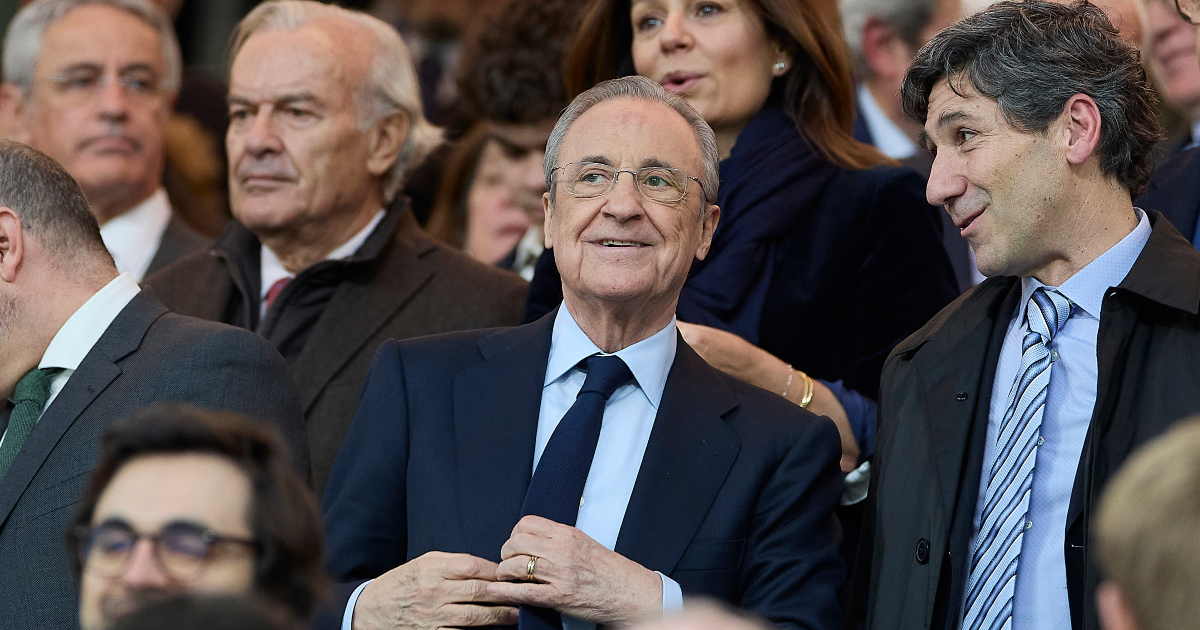UEFA has officially presented the move to the “Swiss format” of a championship system in the Champions League, a response to the Super League.
This system replaces the group stages that have existed for several decades, and adds four additional teams to the competition. For teams that do not progress through the championship phase, there will be no qualification for the Europa League or Conference League through ranking position.
36 teams will participate in the championship stage starting next season. Teams will play eight matches against teams drawn from each of the four seed groups. Teams will not play each team twice, but will face eight different opponents, home or away.
An innovative system
The teams that qualify in the top eight will be seeded for the round of 16, while the teams finishing between 9th and 24th place will compete in a play-off round to fill those eight spots against the seeds. series. The remaining 12 teams that finish at the bottom of the table will be eliminated from all competitions entirely.
This means that there will be two additional matches in the group stage. If a team that does not finish in the top eight in the league stage wants to win the competition, they will have to play 17 matches, four more than the current total. The top seeds in the round of 16 will play 15 matches, fewer than the 19 matches the winners would have had to play in the Superleague. This change had been agreed years in advance, but it shows the growing hold and influence of the big clubs over UEFA, by increasing the number of matches between the big clubs, while making it more difficult to access in the Superleague.

